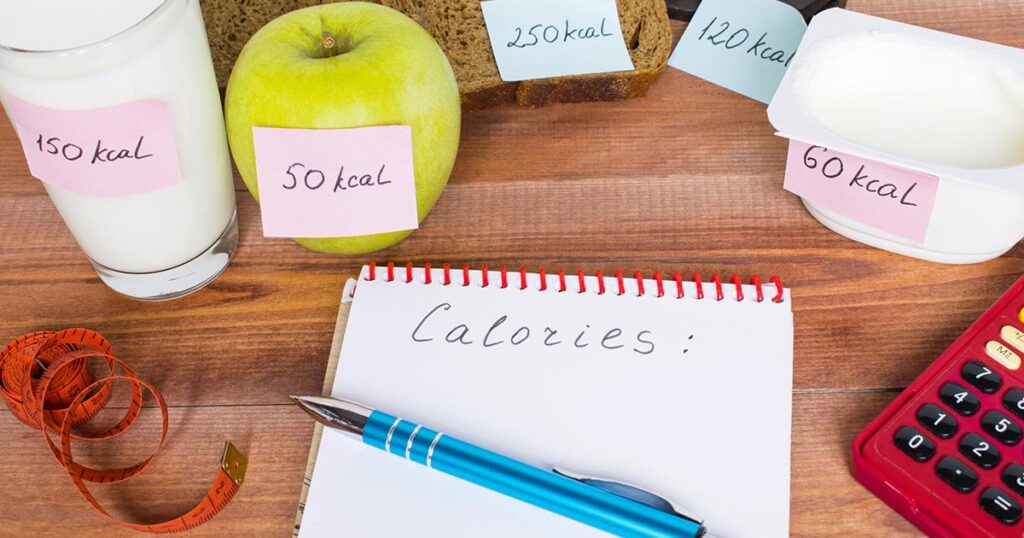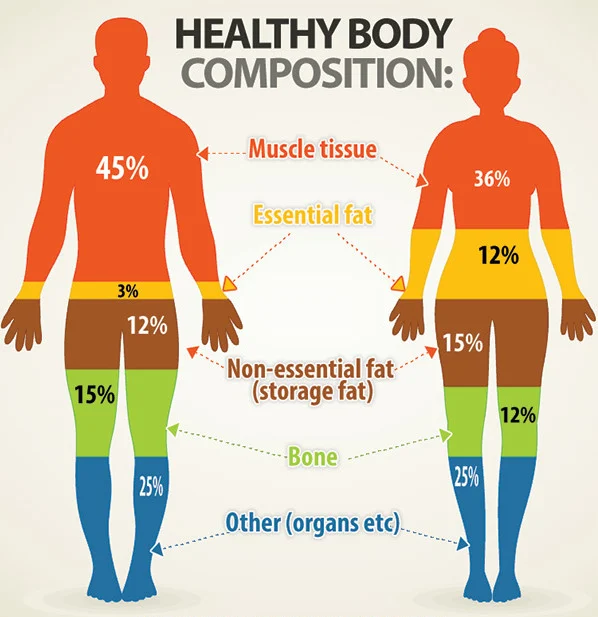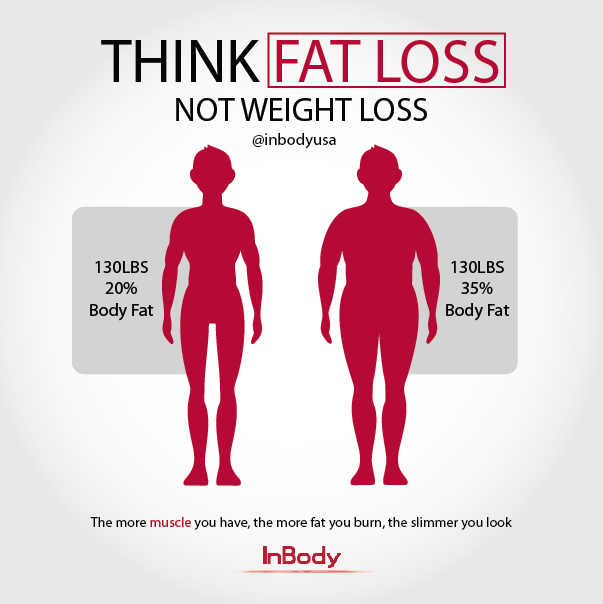You’ve heard it all many times over:
- Weight Loss leads to looking good.
- To lose weight you need to count your calories.
- Caloric deficiency leads to weight loss.
- And more….
In part all true BUT…. You need to take a new look at “Weight Loss” and while calorie intake is the most important factor in your body burning fat it is not the best way to look at it. See our recent post on understanding body fate CLICK HERE
You should be eating the right amount of calories for your needs, not just the smallest amount of calories.

Calories Definition – Units of energy from food that are transferred to your body every time you eat, and those calories are then used by your body to fuel all of your movements and normal bodily functions and when we say “energy from food that are transferred to your body” we are of course referring to your Metabolism which you can positively impact by:
- Exercise regularly: Regular physical activity, especially strength training, can help increase muscle mass, which can boost metabolism.
- Get enough sleep: Sleep plays a key role in regulating hormones that impact metabolism, so getting enough quality sleep is important.
- Reduce stress: Chronic stress can disrupt hormone levels and impact metabolism, so it is important to find healthy ways to manage stress. Eat enough protein: Protein is essential for building and maintaining muscle mass, and a diet that includes enough protein can help support metabolism.
- Stay hydrated: Drinking enough water can help regulate body temperature, which can impact metabolism.
- Avoid restrictive dieting: Crash dieting and excessive calorie restriction can slow down metabolism and have negative health consequences.
It’s important to keep in mind that everyone’s metabolism is unique and that a personalized approach is best for optimizing metabolism and overall health. Consulting with a healthcare professional is always a good idea if you have specific concerns about your metabolism.
So, what is all this “Body Composition” talk then?

Body Composition Definition – Refers to the proportion of fat, bone, muscle, and other tissues in a person’s body. It is a measure of health and fitness that goes beyond just body weight, as it takes into account the amount of lean mass (muscle, bone, and organs) versus fat mass. A healthy body composition is essential for overall well-being, as it can impact physical strength, energy levels, and disease risk. Understanding and monitoring body composition is an important aspect of a comprehensive approach to health and fitness. A healthy body composition is characterized by an appropriate balance between lean mass (muscle, bone, and organs) and fat mass. This balance varies depending on age, gender, and other factors, but in general, a higher proportion of lean mass and a lower proportion of fat mass are considered healthier. A healthy body composition is associated with improved physical strength, energy levels, and a lower risk of chronic diseases such as heart disease, diabetes, and certain cancers. It is important to keep in mind that there is no single definition of a healthy body composition, as it is influenced by individual differences and personal health goals.
What do we mean by “other factors”? There are several other factors that can impact a person’s body composition, including:
- Genetics: Inherited traits can influence body composition, including the distribution of fat and muscle mass.
- Hormonal changes: Hormonal imbalances, such as those that occur during puberty, pregnancy, and menopause, can impact body composition.
- Lifestyle factors: A sedentary lifestyle, poor diet, and lack of sleep can all contribute to an unhealthy body composition.
- Medical conditions: Certain medical conditions, such as hypothyroidism, can impact body composition.
- Age: Body composition changes with age, with a natural decrease in muscle mass and an increase in fat mass as we age.
- Gender: Men and women tend to have different body composition patterns, with men generally having a higher proportion of muscle mass and women having a higher proportion of body fat.
It’s important to keep in mind that body composition is influenced by a complex interplay of factors, and that individual differences and personal health goals will determine what a healthy body composition looks like for each person.
QUESTION – Can you control your “Body Composition”?

ANSEWER – Yes, there are several ways to control body composition, including:
- Diet: A balanced diet that includes plenty of protein, fiber, and healthy fats can help control body composition. Limiting processed foods, sugar, and unhealthy fats is also important.
- Exercise: Regular physical activity can increase muscle mass and decrease body fat. A combination of resistance training and cardio is best for overall body composition improvement.
- Sleep: Getting enough quality sleep is important for both physical and mental health. It can also help regulate hormones that impact body composition.
- Stress management: Chronic stress can lead to weight gain, so it is important to find healthy ways to manage stress.
- Hydration: Drinking enough water can help with weight control, improve skin appearance, and regulate body temperature.
Notice anything familiar? See Metabolism above – It’s important to keep in mind that everyone’s body composition is unique and may require a personalized approach for optimal results.
QUESTION – What are the best ways to track your “weight” besides just jumping on a scale?
ANSEWER – Managing your “Body Composition” requires other strategies for keeping track of your goals.
Some options include:
- Taking your measurements (the waist, chest, hips, arms, thighs, and abdomen are all good places to track)
- Using a BIA scale, which uses Bioelectrical Impedance Analysis technology to measure body composition metrics like your body fat and muscle mass. If you want to learn more about BIA measurement CLICK HERE
- Utilizing a wearable fitness tracker, which keeps track of health and fitness-related metrics like daily steps, approximate calories burned, etc.
Key Takeaway
Put a more realistic, long-term and achievable twist to your goals by moving your focus from “Weight” to “Body Composition”. By improving your muscle mass and body fat percentage rather than your body weight alone, you can make more targeted improvements to your health, wellness, and strength.

If you would like to get your own full-blown copy of our “Super Foods” eBook jampacked with information and suggestions…..

